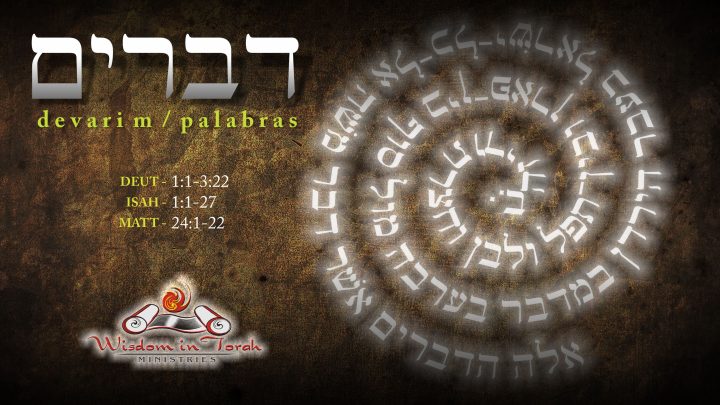
Don't Forget to Share!
This portion is important retelling of the wondering in wilderness by the children of Israel. Also, I cover the concepts of Teshuvah in the explanation of the Haftarah of Consolation for the next 7 weeks before Yom Teruah. Understanding this principles will teach us as a Kingdom in the dispersion how to come together as one people, one heart, one mind, one consent. I pray this Torah Portion is a blessing to you and continue to pray for the peace of Jerusalem.
We will deal with the legal aspects of the book of Deuteronomy. In this portion we will introduce the different sections of the book of Deuteronomy from a covenant perspective. Connecting the Biblical account with archaeological evidence from the Ancient Near East that puts Moses in a real timeline in History. This evidence will help us understand this book from a different viewpoint than previously studied.
This page includes Torah Portions from multiple years covered by Wisdom in Torah. Each year we covered the Torah from a different perspective so you can explore each Parashah from a different perspective and focus.
- 2010 Portions: Focus on Messianic connections in the Parashah
- ANET Portions: Focus on the ancient Near Eastern cultural context of the Parashah
- Mitzvot Portions: Focus on explaining and exploring the commandments found in the Parashah (in progress)
- 2015 Portions: Revisiting the Parashah looking at the ancient cultural context more in depth with additional areas that have been researched
- Brit Portions: Focus on connecting the Brit Hadashah (New Testament) to the Parashah
Oops, this is members-only content
This page requires at least a basic level membership to access the teaching.
Audio
Oops, this is members-only content
Resources
The following is a list of recommended resources for this teaching:
- Deuteronomy article by Joshua Berman
- Power point for this Study: YHVH OUR SUZERAIN-2
- PDF for the Torah Nugget: Study for Torah Nugget Devarim
- Devarim 2020 Notes.pdf
Categories
66 thoughts on “Torah Portion Devarim Complete”
Leave a Comment
You must be logged in to post a comment.

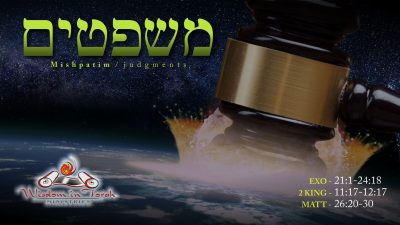
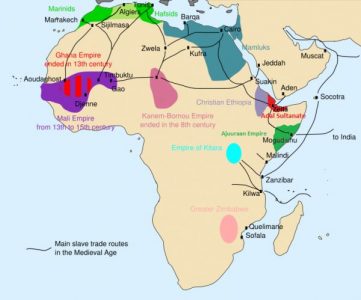
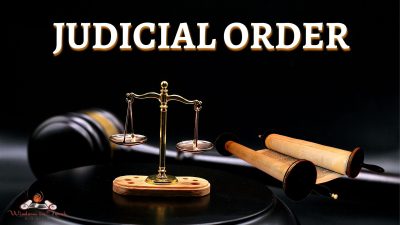
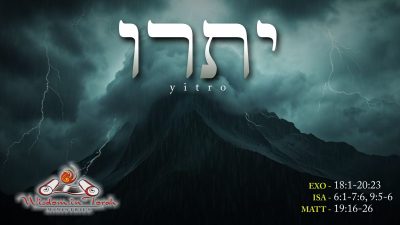
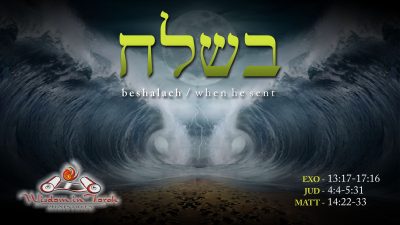
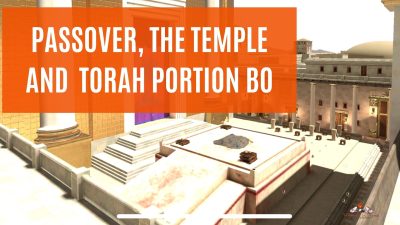
Every 7 years we are to have the public reading of the Torah – any connection to the Smittah year?
Right, the movies we seen of Exodos leads us to believe he was a mere sheppard, when trained as a Prince, he would have been in military, perhaps a general, been in many battles, yes knew the legal structures of other nations, and would have been familiar with geography and many of the god ideas.
WOW gracias brother por esta informacion. thank you for this information.Shalom Shalom
Just wondering if it might be better said or thought of , we have nothing recorded as in any decisions by the “fishers of men” that openly opposed the Sanhedrin?
Just saying
What calendar do you follow as far as the feast days
I like the history of the Sanhedrin’s council and the historic aspects of the Levitical judicial system during the Second Temple Period. This teaching is a real blessing to me. On of my favorites. Thank you so much Rico for putting this teaching out.
Shalom Rico, Your teachings are always a blessing. Toda raba.
That is such a good comment that we need to hear often – the Nazarene Council did not over rule the Sanhedrin decisions!!!!!!! To bring it closer to home in the U.S. – people are not following the law with sanctuary cities. 😮
Thanks for the details you included on mishna and gemara Rico – those specifics are the types of things that can really trip people up. I repent for any ‘rulings’ I have made or been a part of knowingly or unknowingly regarding halacha. I pray for the day when we call all repent in unity for our errors. Thank you again.
Awesome teaching, B”H.
Why is this video now Private…I’m not allowed to view?
It is fixed. We had some technical issues. Thank you for your patience.
Rico,
Serious question on Lev 19:27 and not shaving your face. I was fired recently from a denominational church for following the Torah. The Ruach has had me begin a small Messianic congregation in NW Arkansas. Therefore, since I no longer shave because of the scripture listed above how is it that you and others who teach the Torah do not follow this misvot. I do not ask this question to humiliate you I ask to learn, I know you wear tzitzi’s so I am kind of confused can you explain. Ty
Shalom,
Pastor James
Shalom Pastor James
Thanks for the question and in our research we have found that in this verse the word SHAVE does not appear. The context of the verses prior and after deals with cthonic worship which deals with the underworld gods. In the ancient near east the beard was a sign of honor and it was connected to culture.
The context deals with mourning rituals and worship to underworld gods in egypt and the levant.
27 You shall not round off the hair on your temples or mar the edges of your beard.
The Holy Bible: New Revised Standard Version. (1989). (Le 19:27). Nashville: Thomas Nelson Publishers.
feel free to call me if you have any more questions about this.
813 766-0567